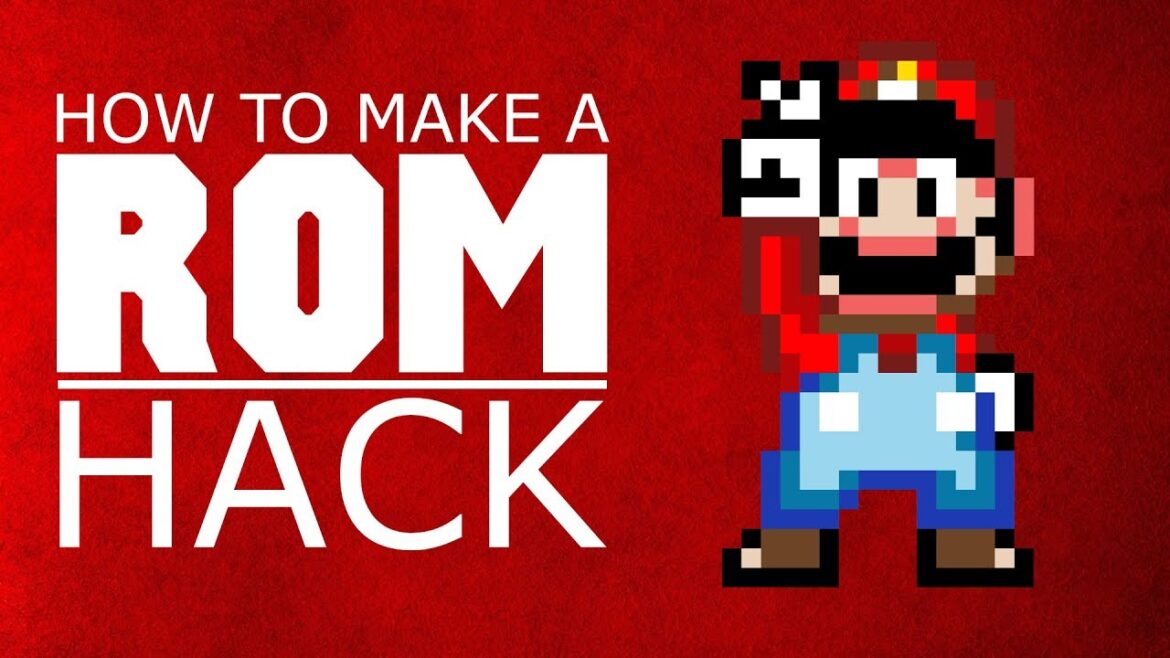ROM hacks offer an exciting way to modify and redesign classic video games. But what exactly are ROM hacks, how do they work, and what are their advantages and disadvantages?
Understanding ROM hacks: How they work in detail
A ROM hack refers to the modification of a video game by making changes to the ROM file that contains the game. With ROM hacks, players can add new levels, graphics, or even entire game mechanics to reinterpret an old game. This opens up creative possibilities, but also legal and technical challenges.
- ROM stands for “read-only memory” and refers to the memory where a game’s data is stored. This data can be extracted and modified.
- Hacking a ROM requires special software that can decode and edit the data. Well-known programs include Lunar Magic and PKHack.
- After editing, the modified ROM file is converted back into a playable format so that the changes are visible in the game.
- ROM hacks are often fan-made projects that aim to expand or improve their favorite games with their own ideas.
Creative reasons: Why ROM hacks are revolutionizing games
The appeal of ROM hacks lies in adding new content to existing games or modifying existing content. This can include both visual and gameplay innovations.
- ROM hacks allow you to create new levels or characters that are not available in the original game. This creates unique gaming experiences.
- Hackers can fix bugs or shortcomings in the original game, enabling a smoother gaming experience.
- Fans can use ROM hacks to revive nostalgic classics and adapt them to modern gaming habits.
- For many hackers, creating ROM hacks is a creative challenge and a way to improve their programming and design skills.
Legal pitfalls of ROM hacks: What you need to know
The creation and distribution of ROM hacks is subject to legal restrictions, as they are often based on copyrighted works. However, there are also legal aspects that must be taken into account.
- ROM hacks are often based on games whose rights holders have not given permission for modification, which can lead to legal problems.
- To avoid conflicts, ROM hackers should ensure that their work can be interpreted as independent projects without directly copying the original game.
- In practice, ROM hacks are usually distributed as patches (e.g., in IPS or BPS format) so that users can apply the modification to their own legally purchased ROM. Downloading and distributing ROM files is illegal if you do not own the original.
- The patches do not contain any original data and are therefore usually legal as long as no copyrighted content is distributed.
- Many hackers use emulators to test their ROM hacks. Caution is advised here as well, as some emulators may violate terms of use.
- Emulators themselves are legal in many countries as long as they do not contain copyrighted BIOS files. However, their use may violate the manufacturer’s terms and conditions.
- Despite these challenges, there is an active community that exchanges ideas and ensures that their creative projects remain within a legal framework.
Overcoming technical hurdles: Challenges in creating ROM hacks
In addition to the creative and legal aspects, there are also technical challenges in developing ROM hacks that both beginners and experienced developers encounter.
- Editing ROMs requires a deep understanding of game programming and the data structures used.
- Faulty modifications can render the game unplayable or cause it to crash, requiring extensive testing.
- More complex hacks that introduce new game mechanics often require additional programming and creative problem solving.
- The community offers numerous tutorials and resources to help newcomers get started and deepen their existing skills.

